
UC Davis Comprehensive Cancer Center | Strategic Alliance Partners
Latest from UC Davis Comprehensive Cancer Center


Pharmacists are crucial in Elevidys administration, ensuring accurate dosing, coordinating treatment timing, and managing adverse effects to optimize patient outcomes.
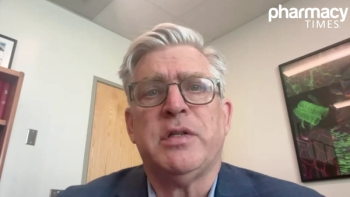
Elevidys offers significantly higher dystrophin production than existing Duchenne muscular dystrophy treatments but requires intensive monitoring for adverse events.
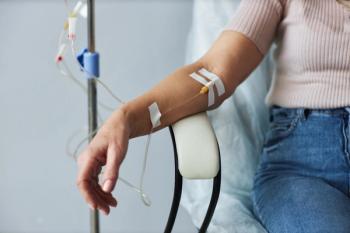
This study evaluated factors affecting the duration of the infusion appointment times for 392 clinical trial patients.

Non–FDA-approved medications may be accessed for patient care via 3 alternative pathways: expanded access, the Right to Try Act, and off-label use, which are reviewed in this article.

Having the authority to prescribe nicotine replacement therapies does not mean that pharmacists are getting involved in these programs, so ongoing research is investigating how to create sustainable models with greater pharmacist involvement.

Helping patients overcome barriers to accessing these treatments is a vital role for pharmacists, who can support patients who are looking to quit.

Through recognizing the importance of research in the scope of pharmacy practice by national pharmacy organizations, research can become a prominent role and responsibility of pharmacy.
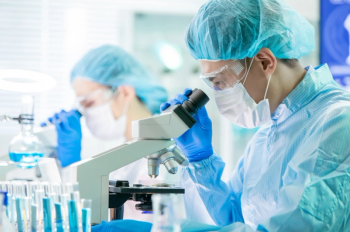
Academic and industry partnership to investigate new approach to treating lethal pancreatic cancer.
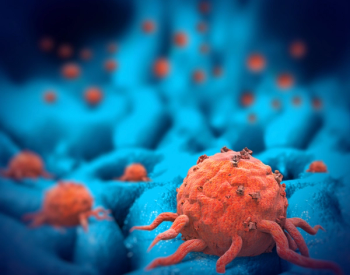
New UC Davis study finds relationship between tumor microbiome and immune system in patients with soft tissue sarcoma.
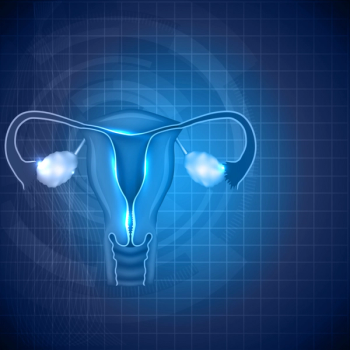
Researchers question screening guidelines for older women after findings.

UC Davis study shows Californians diagnosed with cancer have higher current tobacco use.
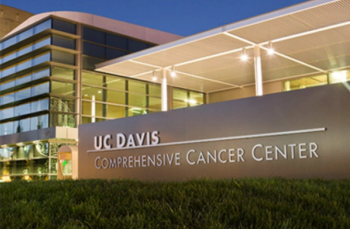
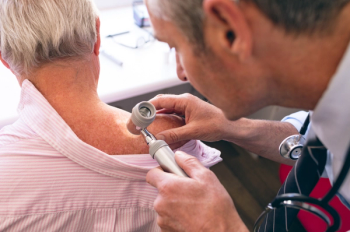
UC Davis cancer researchers hope new technology will help diagnose and treat melanoma more successfully.

Center will serve as a hub for commercialization of promising cancer therapies.

Study finds little evidence to support the long-standing recommendation that women with a first-degree family relative diagnosed with breast cancer should get screened 10 years earlier.
